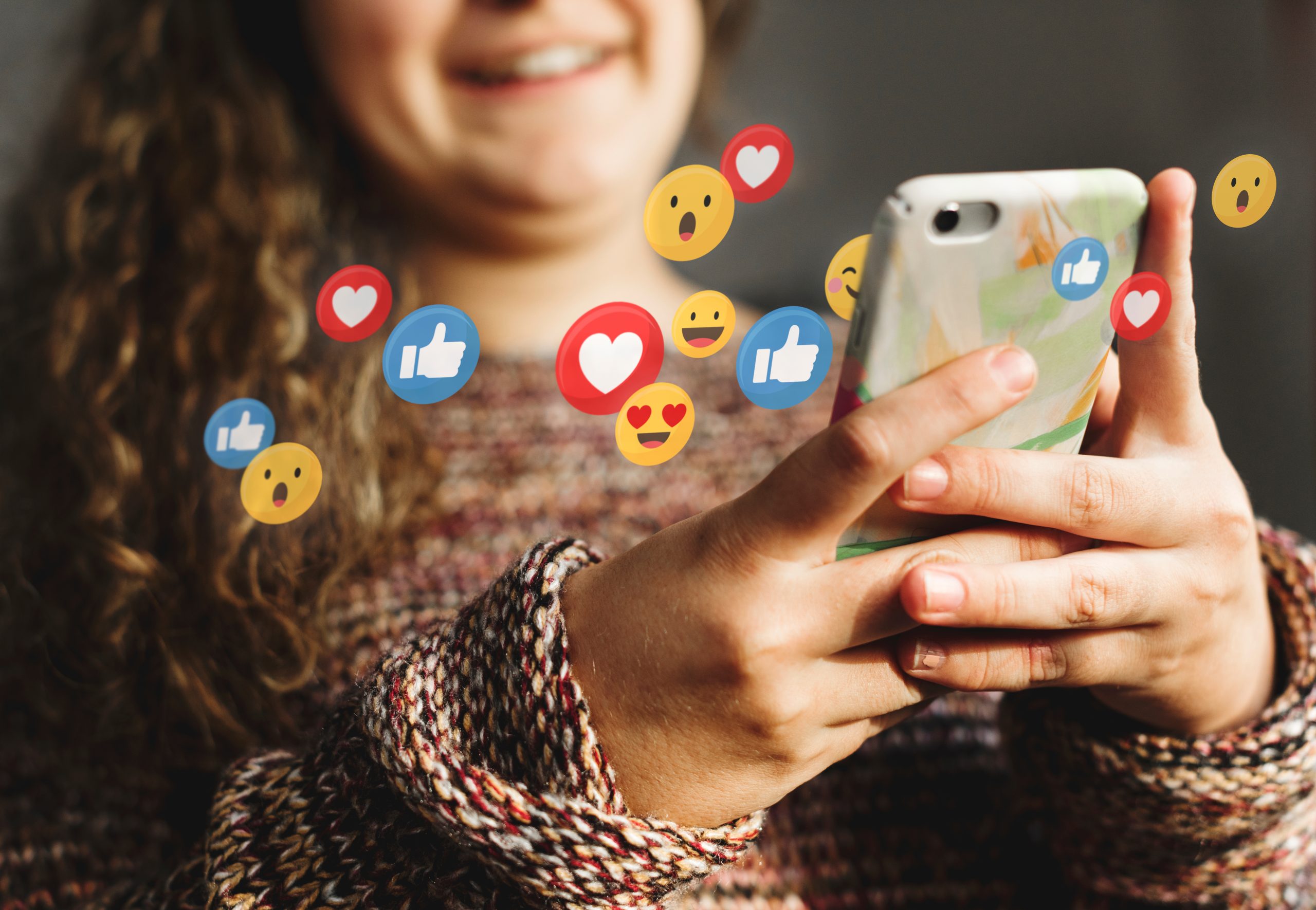Could social media impact your mental health? Social media can be pervasive, affecting nearly every aspect of your life. As a teen, social media can have an especially large impact on your mental wellness. You may feel pressure to spend a lot of time on social media to relate to peers or keep up with the latest trends. You may also feel the need to stay socially connected through the internet. While using social media often stems from a desire for connection, the experience can be isolating.
The toll of social media is especially noticeable for those who spend more time online. The statistics on social media and mental health illustrate the potentially harmful nature of spending too much time on social media. Children and adolescents who spend more than three hours a day on social media face double the risk of mental health challenges, according to a report from the Office of the Surgeon General. Social media negatively influences mental health in many ways, from reducing self-esteem to increasing anxiety. Fortunately, there are ways to overcome unhealthy social media habits. By changing the way you interact with social media, you can start to improve your mental health. If you feel like you need extra support beyond weekly therapy sessions or your own efforts, an intensive outpatient program (IOP) for mental health might be right for you.
4 ways you can change your social media habits and improve your mental health
- Limit your time — Spending more time on social media can lead to a greater risk of mental health concerns. When trying to make healthier habits, you may want to limit your time spent online. Disconnecting more often can help you appreciate other aspects of life and give your brain a break. While limiting your social media time can be helpful, it’s not always easy. Social media can lead to habits that are difficult to break. When you’re trying to reduce the hours spent scrolling each day, you may need to start small. Try reducing your screen time by 30 minutes each day until you reach a comfortable, healthy balance. You may also benefit from scheduling specific times for social media use. By restricting your usage outside of these times, you can make social media use more of an intentional activity. This can help you regain control over other parts of your schedule while also making your online experiences more meaningful. If you’re having a hard time limiting yourself, you can use built-in screen time restrictions on your device or other productivity applications to keep yourself on track.
- Take breaks — Spending hours at a time looking at your screen can be harmful to your mind and body. Physically, extended social media sessions can lead to symptoms like neck pain and eye strain. Mentally, the experience can be draining. When spending time in front of a screen, make sure to take at least a short break every 20 minutes. You may also benefit from extended social media breaks. Taking a full weekend or even a single day to “detox” can be valuable for breaking habits and helping you feel more present. If you start feeling the urge to use social media, try spending time doing something else you enjoy. Practice self-care through something relaxing or creative, like drawing or going for a slow hike.
- Focus on real-life socializing — People often hesitate to spend less time on social media due to a desire for connection. You may worry that spending less time online translates to spending less time interacting with other people. While social media can be a useful tool for staying in touch, quality real-life social time can be much more impactful. Spending more time with friends and family in the real world can be a great way to boost your mood and feel connected without relying on social media.
- Change your routine — Social media usage can become ingrained in your daily routine. You may find yourself spending the first or last hour of every day scrolling in bed, for example. Making intentional changes to your routine can be a great way to improve your mental health and regain a sense of control. This can be especially important for your morning routine, as the morning can set the tone for the rest of your day. Instead of diving straight into social media when you wake up, try to build a more intentional routine. This might include a shower, cooking breakfast and morning stretches. By changing your routine, you can increase your free time and improve your mental health.
Embrace U can help you build better habits and improve your mental well-being
Do you think you may need extra mental health support? At Embrace U, our team is committed to offering effective mental health treatments that meet you where you are. We provide intensive outpatient treatment to adolescents aged 10 to 18. Whether you’re navigating middle school or about to graduate from high school, we can help you improve your habits and mental health.
Contact our team today for more information or to schedule an initial appointment.




